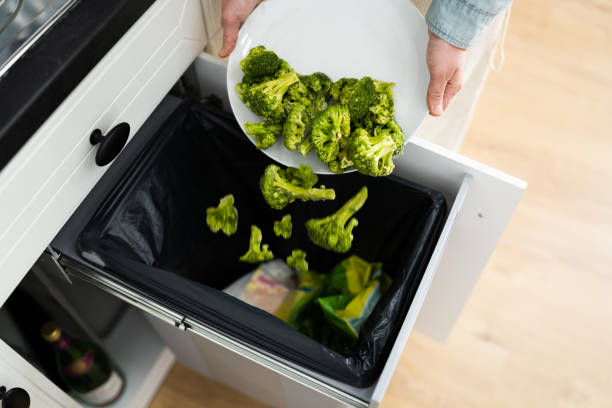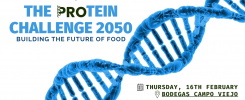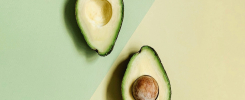Currently, the entire food chain in the European Union generates around 88 million tons of food waste every year. This has a huge negative impact on the society, the economy, and the environment. A new European project, WASTELESS, aims to develop innovative tools and methodological recommendations for measuring and monitoring food loss and food waste. These could help reduce food waste by up to 20 percent per year shortly!
WASTELESS is the short name for Waste Quantification Solutions To Limit Environmental Stress. The project was officially launched on 18-19 of January, when over fifty European experts gathered and met for two days in Vila Real, Portugal. The multidisciplinary consortium is formed by 17 institutions from 14 countries: Austria, Belgium, Czech Republic, Denmark, Estonia, France, Greece, Hungary, Italy, Portugal, Slovenia, Spain, Switzerland, and Türkiye. The coordinator of the project is UTAD (University of Trás-os-Montes e Alto Douro) from Vila Real, Portugal. The total budget reaches 5,5 million Euro from the EU Horizon program.
The WASTELESS project will contribute to achieving the objectives and targets of the ‘Farm2Fork Strategy’ and the ‘European Green Deal’, which aims to reduce the amount of food waste by half per capita at retail and consumer levels by 2030. In addition, this project will have a significant positive impact on reducing greenhouse gas emissions over the next decade, contributing to the climate change mitigation strategy.
According to the European Parliament, currently, each European citizen wastes approximately 179 kg of food annually. This means that around 88 million tons of food are wasted every year in the 27 EU Member States, costing EUR 143 billion. This waste comes from several sources, with a significant proportion coming from households (40%) and the agri-food industry (39%). The remaining waste comes from food service (14%) and retail (5%).
To address the high levels of household food waste, the project will carry out case studies to understand the utilisation and role of specific food groups such as fruits and vegetables, fruit juices, processed meat, dairy products, cereals, and other product groups. These studies are our best ways to evaluate and objectively measure the main mechanisms of action that will allow the reduction and recycling of this waste in the long term.
The WASTELESS project will propose ways to measure food loss and waste in critical and less-known food supply chains and propose a methodological framework to quantify the data. At the same time, it will develop a ‘toolbox’, an innovative set of decision-support tools for all actors in the food chain. To this end, it will work with consumers and non-governmental organisations as well as HORECA representatives through hubs across the EU.
More details will be available soon on wastelesseu.com. You can follow WASTELESS news and updates also on Twitter and LinkedIn.



